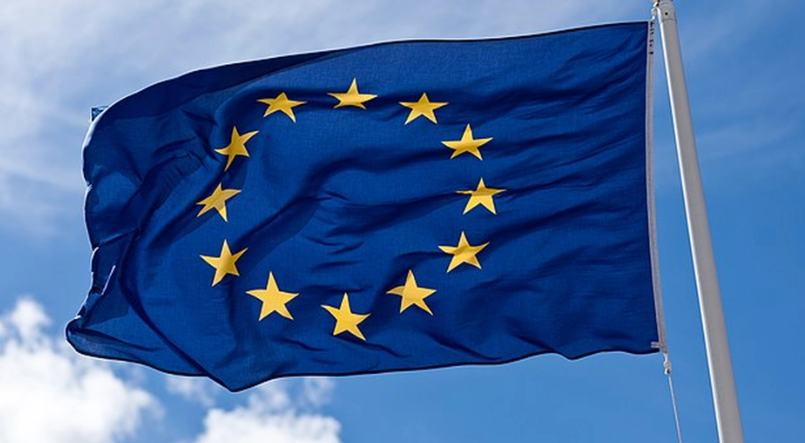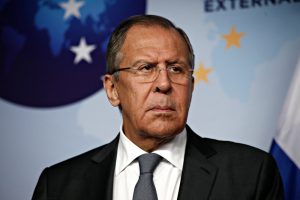The European Union has announced a new round of sanctions targeting Russian banks, media outlets, and military supply chains as part of ongoing efforts to pressure the Kremlin.
Others are reading now
The European Union has adopted its most extensive sanctions package yet against Russia, marking a significant escalation in its economic and political pressure on Moscow. The 16th round of sanctions includes measures aimed at restricting Russian financial transactions, banning certain media outlets, and targeting entities that support the country’s military-industrial complex.
Major Sanctions on Russian Financial and Media Sectors
According to Wirtualna Polska, one of the most impactful elements of the new sanctions package is the disconnection of 13 Russian banks from the SWIFT international payment system. This move further isolates Russia’s financial sector, making it more difficult for businesses to conduct international transactions.
Additionally, the EU has suspended broadcasting licenses for eight Russian media outlets accused of spreading Kremlin propaganda. These include EADaily, Lenta, NewsFront, and others. The EU justified the move by stating that these outlets have played a key role in justifying Russia’s war against Ukraine and destabilizing Europe.
Crackdown on Russia’s Shadow Fleet and Military Supply Chains
The sanctions also take aim at Russia’s so-called “shadow fleet,” a network of tankers and vessels used to circumvent Western restrictions on oil exports. The EU has added 74 new ships to its blacklist, bringing the total to 153. These vessels are accused of transporting Russian military equipment, stolen Ukrainian grain, and oil in violation of international price caps.
Also read
Furthermore, the EU has introduced restrictions on foreign institutions using Russia’s financial messaging system (SPFS), which Moscow developed to bypass SWIFT bans. For the first time, European sanctions will now apply to non-Russian banks that conduct transactions through SPFS.
Stronger Trade and Transport Bans
To tighten economic restrictions, the EU has banned transactions involving Russian ports, airports, and logistics hubs that facilitate the transfer of military technology and oil exports. The new regulations also prohibit Russian companies with at least 25% state ownership from engaging in cross-border transportation within the EU.
The latest sanctions also expand bans on the export of critical technologies to Russia, particularly software used in oil and gas exploration, as well as construction services on illegally occupied Ukrainian territories.
A Blow to the Kremlin’s War Effort
Kaja Kallas, the EU’s High Representative for Foreign Affairs and Security Policy, emphasized the importance of these sanctions, stating:
“For three years, Russia has relentlessly bombed Ukraine in an attempt to seize land that does not belong to it. This new sanctions package strikes not only at Russia’s shadow fleet but also at those who aid its military aggression—whether through financial transactions, military supplies, or propaganda. There is no doubt who the aggressor is, and who must pay for this war.”
With negotiations continuing over the future of European support for Ukraine, this latest sanctions package signals that the EU remains committed to tightening economic pressure on Russia while bolstering Kyiv’s resilience.








